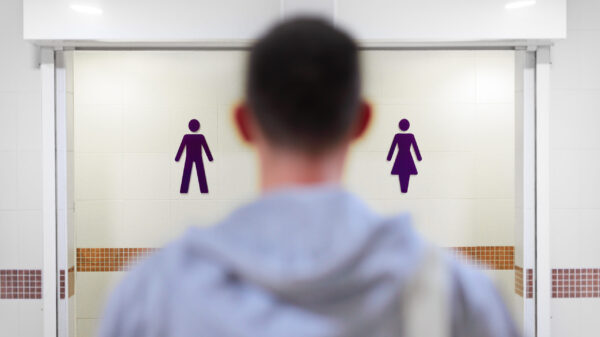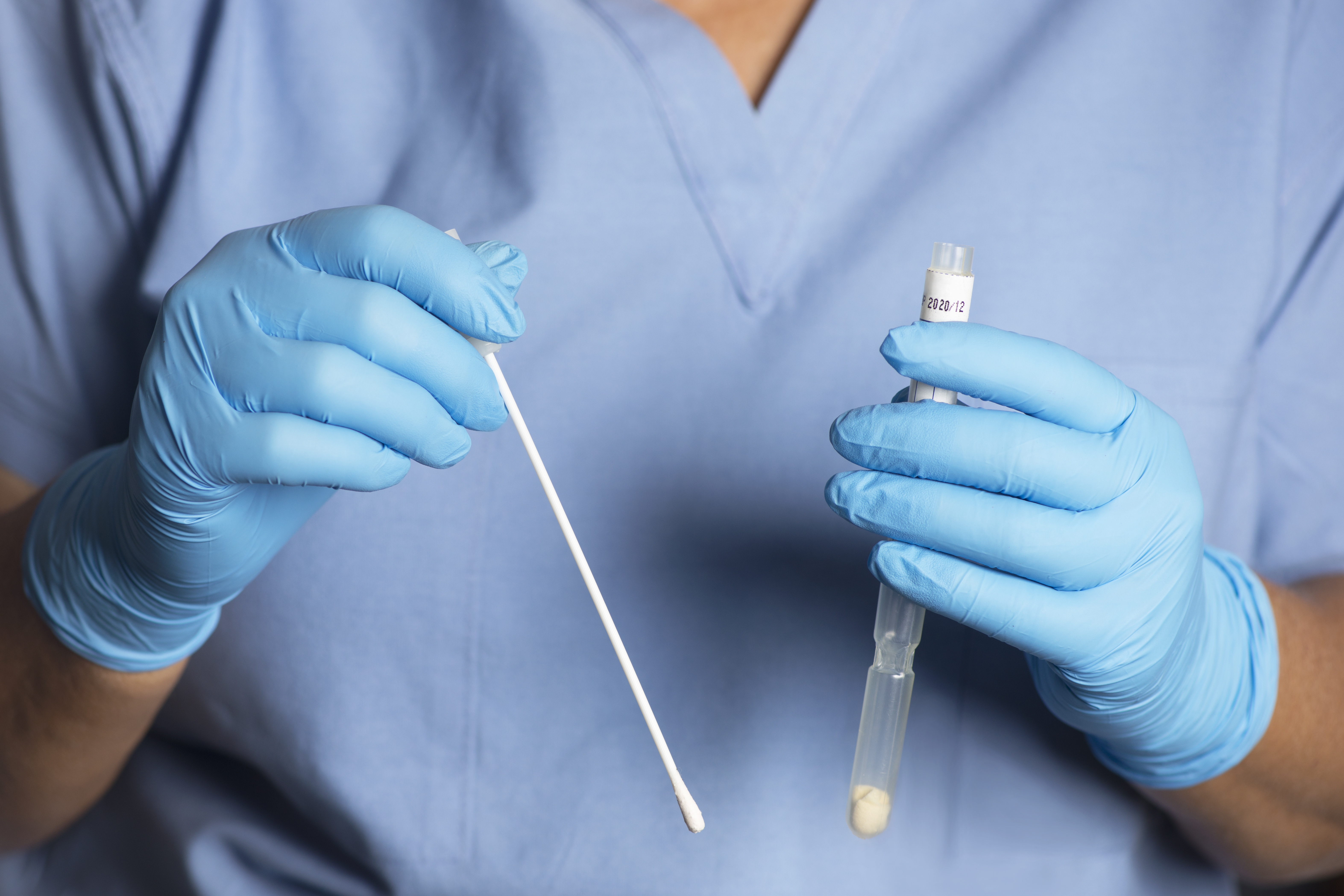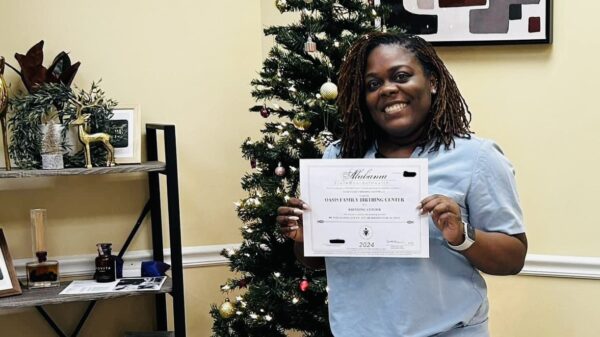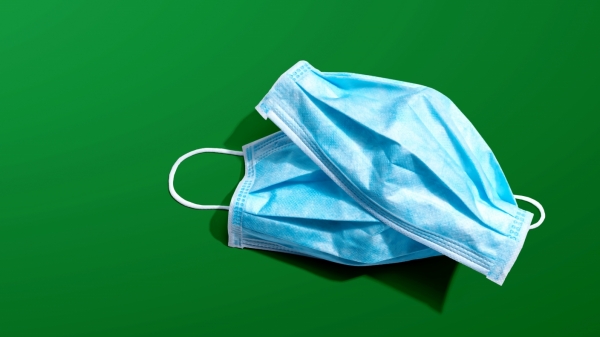A lack of testing supplies continues to make it difficult to see the extent of COVID-19’s infection rate across Alabama, according to the state’s health officer.
“Testing continues to be a concern for us,” said state health officer Dr. Scott Harris, speaking at a press conference in Montgomery on Monday. “One of our continuing problems is locating specimen collection kits.”
Harris said every state in the nation is on the hunt for the critical testing supplies, which include swabs, viral transport media and transport tubes used to secure the samples for transport to labs.
The testing supplies are scarce in testing sites throughout Alabama, and it’s a problem shared by many other states.
“As you know, the states have been told that we are on our own in terms of finding this equipment, and so everyone is competing with each other, trying to find sources that can provide those materials,” Harris said.
President Donald Trump in a press conference last week told reporters that the federal government is not a “shipping clerk” and in a March 16 press conference said governors can get the critical supplies and masks faster by “getting them on their own.”
Eric Blank, chief program officer at the Association of Public Health Laboratories, told The New York Times on Friday that there are “acute, serious shortages across the board” for supplies needed to do tests.
Labs across the country are scaling back the numbers of tests being done to preserve supplies for those whom health care providers think are most likely to experience severe complications or death from the virus.
As of Monday afternoon, the state’s lab in Montgomery had conducted 1,832 tests, and 196 were confirmed COVID-19 cases across 24 counties, according to the Alabama Department of Public Health’s statistics.
Commercial labs are not required to report negative tests to the state, so it’s unclear how many tests those labs have conducted. The lab conducting testing last week at Church of the Highlands in Birmingham said they’ve performed more than a thousand tests.
Alabama’s struggle to get the needed swabs and testing supplies also continues to limit the number of test sites across Alabama, Harris said.
There are 17 such testing sites connected to the State Department of Health and the Alabama Hospital Association, but there could be more if the needed supplies arrive, he said.
“We hope to have 25 sites fully functional by the end of the week,” Harris said.
Because testing supplies are low, Harris said the state is looking to only test those who have symptoms and are either hospitalized, have weakened immune systems or other health conditions, who are over the age of 65, are healthcare workers in a long-term health care facilities “and other types of patients can be considered on a case by case basis.”
“Generally speaking, we only want those symptomatic patients that meet these high-risk criteria,” Harris said.
People who don’t meet those criteria may still be able to be tested through commercial labs with a physician’s referral, Harris said, “but we’re trying very hard to preserve our testing capacity for those people who most need it.”
The lack of confirmed cases in some counties, and low case count in others, is likely due to less access to testing in those places, Harris said.
The state is trying to overcome barriers to testing in underserved areas, especially in rural spots, but said “there’s still a shortfall that exists there.”























































